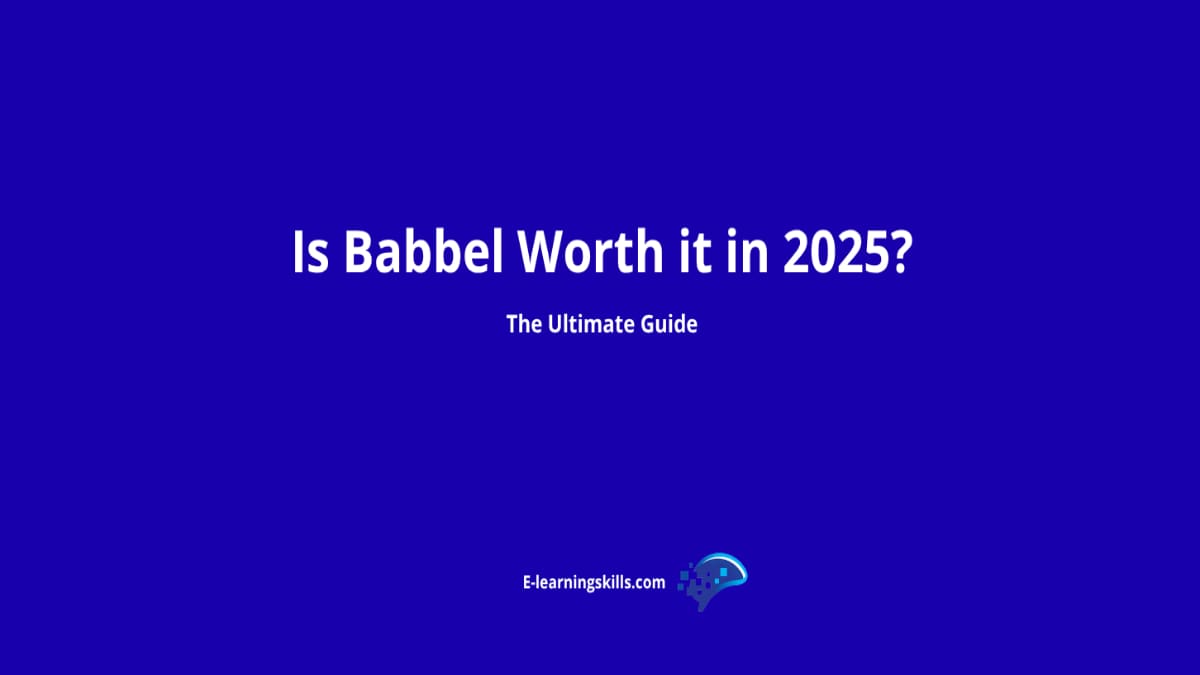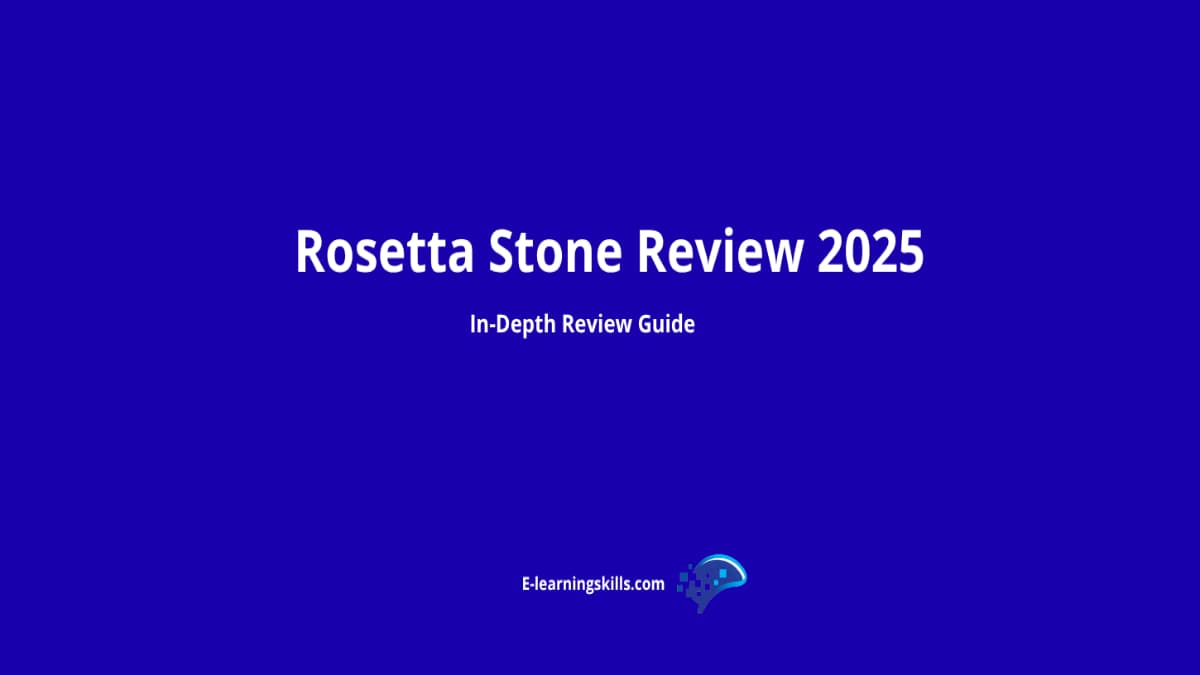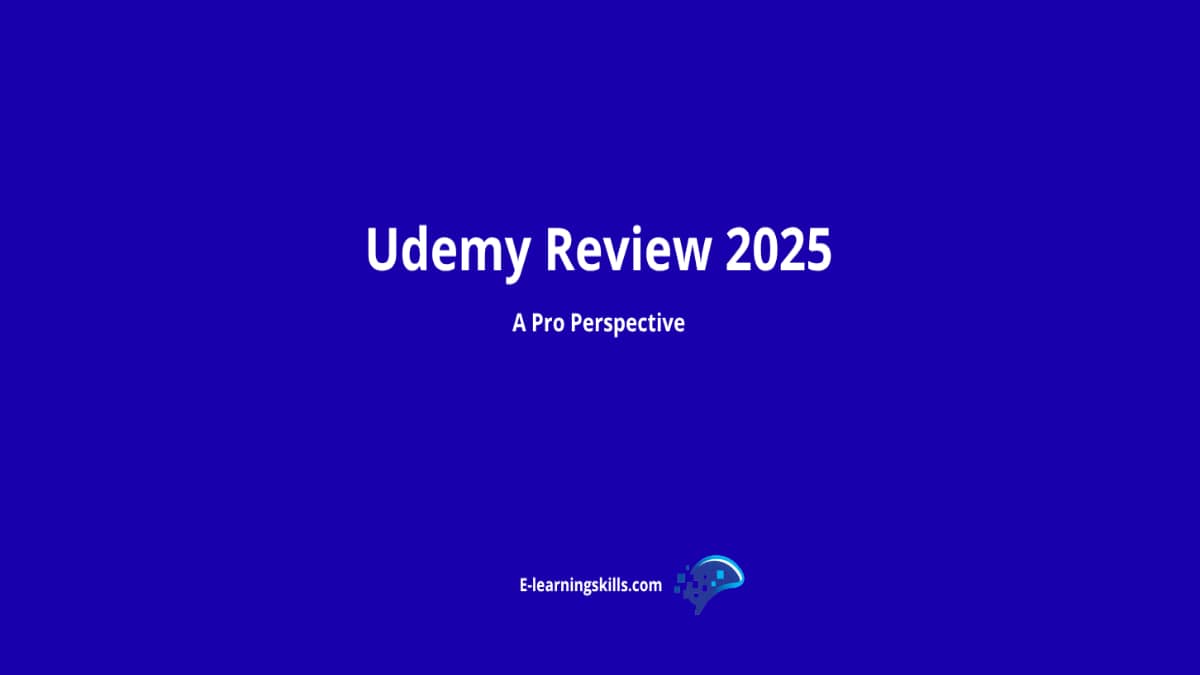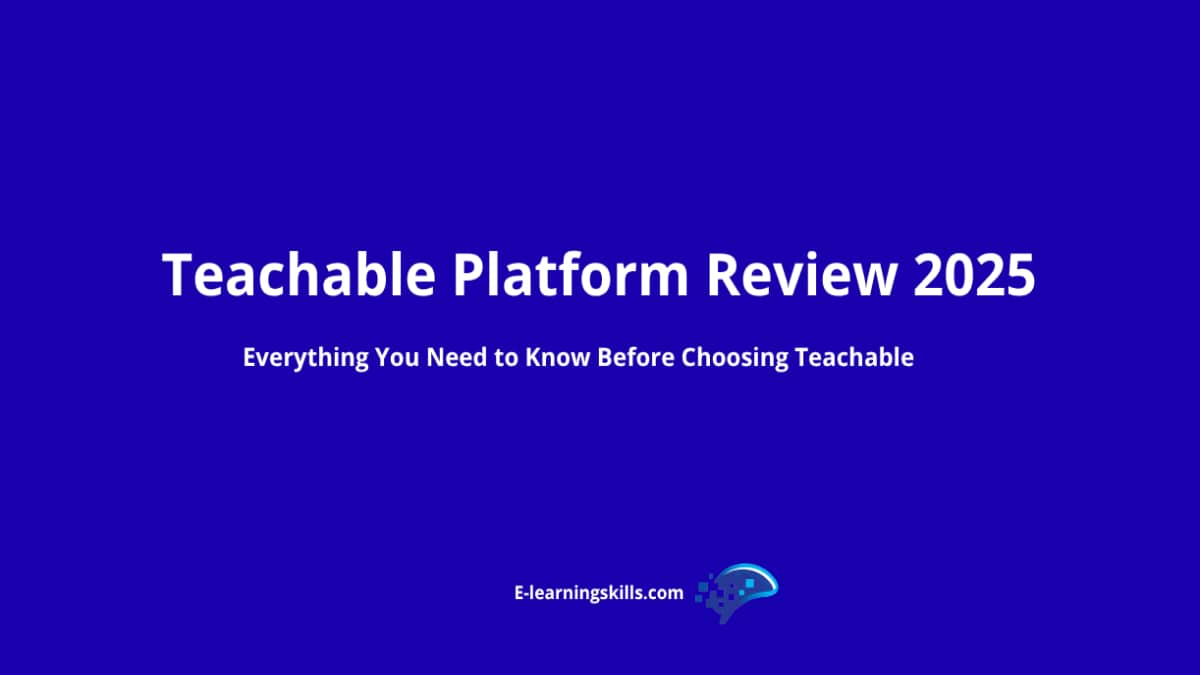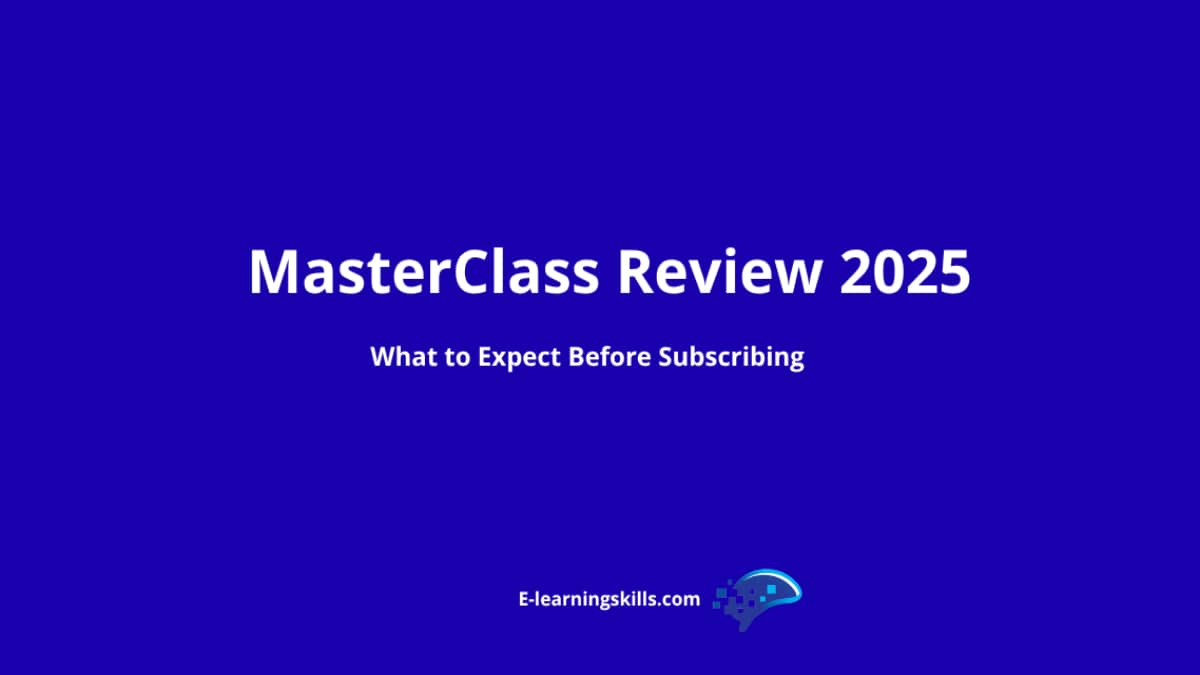If you’re considering investing time and money into a language learning app, you’ve probably wondered: “Is Babbel worth it in 2025?” In a world increasingly filled with AI-powered apps and competitors like Duolingo and Rosetta Stone, Babbel has continued to carve out its own space. But with rising subscription costs and a growing list of alternatives, it’s important to know what you’re getting before you commit.
In this article, we’ll break down what makes Babbel unique, analyze its 2025 updates, assess subscription pricing, compare it with other platforms, and explore how AI is being used in its features. Whether you’re a beginner looking to learn Spanish or Italian, or an advanced learner hoping to polish your grammar and pronunciation, this in-depth review will help you decide if Babbel remains a smart investment for your learning journey.
Outline
- What Is Babbel and How Has It Evolved in 2025?
- How Much Does Babbel Cost in 2025?
- What Languages Does Babbel Offer & Who Is It For?
- How Does Babbel Work? Inside the App’s Structure
- AI-Powered Learning in Babbel: Hype or Help?
- Tips for Maximizing Your Babbel Experience
- Babbel vs Duolingo, Rosetta Stone & TalkPal: Which Is Best?
- What Are the Pros and Cons of Babbel in 2025?
- Is Babbel Effective for Speaking & Conversation Practice?
- Is Babbel Worth It in 2025? Our Final Verdict
1. What Is Babbel and How Has It Evolved in 2025?
Babbel, launched in 2007, is one of the longest-running language apps on the market. Over the years, it has evolved from a web-based learning tool to a full-fledged mobile app available on iOS, Android, and desktop platforms.
In 2025, Babbel continues to emphasize structured lessons with grammar, vocabulary, and pronunciation practice. Unlike more gamified apps, Babbel leans into real-world language usage and cultural immersion. The platform is built by linguistic experts and language teachers, giving it a more academic feel than competitors like Duolingo.
What makes Babbel in 2025 more powerful is its slow but steady integration of AI-powered features like speech recognition, dialogue simulation, and personalized vocabulary repetition, enhancing both accuracy and retention.
2. How Much Does Babbel Cost in 2025?
The subscription cost of Babbel in 2025 reflects its premium structure. Here’s a breakdown of pricing tiers:
- 1 Month: €14.99
- 3 Months: €35.99
- 6 Months: €59.99
- 12 Months: €89.99
- Lifetime Access: €299 (often available with a discount)
For those unsure about commitment, Babbel offers a 7-day free trial with full access to the platform.
Compared to other language apps, Babbel sits in the mid-to-premium range. However, given its comprehensive curriculum and real-world focus, many users find the subscription cost justified.
3. What Languages Does Babbel Offer & Who Is It For?
Babbel supports 14 languages, including:
- Spanish
- Italian
- French
- German
- Portuguese
- Dutch
- And more…
Whether you’re a beginner starting from scratch or someone looking to polish your grammar and speaking confidence, Babbel offers a mix of lessons to suit different levels.
It’s especially great for casual learners who want flexible, mobile lessons and for advanced learners seeking real-life conversation practice. That said, those looking to learn less common or non-European languages may find Babbel’s selection limiting—hence its tag as a “limited language” platform.
4. How Does Babbel Work? Inside the App’s Structure
Using Babbel involves structured, bite-sized lessons that usually last 10–15 minutes. Each lesson is designed to reinforce vocabulary, grammar, and pronunciation through:
- Interactive exercises
- Repetition-based drills
- Real-life scenarios
One of Babbel’s strengths is that it combines different learning styles—visual, auditory, and written—within a single lesson. For instance, you’ll learn to write and say “¿Dónde está el baño?” while hearing native speakers pronounce it.
You can also download lessons to learn without an internet connection—perfect for your commute.
5. AI-Powered Learning in Babbel: Hype or Help?
In 2025, Babbel has embraced AI to stay competitive. Its AI-powered language tutor uses speech recognition to improve pronunciation and recognition accuracy. It can even simulate real-life conversations to boost your speaking ability.
The AI doesn’t just grade you—it adapts future lessons to your learning style, suggesting vocabulary and grammar review based on your weak points. It’s like having a virtual tutor who knows when you need more exercise in past tense verbs or prepositions.
Compared to early versions of Babbel, the app in 2025 feels much smarter, more interactive, and better equipped to offer in-depth feedback.
6. Tips for Maximizing Your Babbel Experience
Here are practical tips for maximizing your Babbel journey:
- Set realistic goals: Start with 10 minutes per day and scale up gradually.
- Combine features: Use Babbel’s podcasts, grammar lessons, and dialogue simulations together.
- Practice speaking daily: Make use of speech recognition and live conversation features to improve fluency.
- Use offline mode: Download lessons to stay consistent while traveling or during breaks.
- Engage in cultural context: Babbel’s cultural lessons add real-world flavor to your studies—don’t skip them!
Most importantly, treat Babbel not as a game, but as a real language acquisition tool.
7. Babbel vs Duolingo, Rosetta Stone & TalkPal: Which Is Best?
Let’s explore how Babbel compares to other major language apps in 2025:
Duolingo
- Gamified and free with ads
- Focuses more on repetition than deep grammar
- Good for quick, fun sessions—but lacks in-depth lessons
Rosetta Stone
- Strong on immersion and pronunciation
- Uses speech recognition, like Babbel
- Less flexible, and sometimes too rigid for casual learners
TalkPal
- A newer AI-powered app
- Emphasizes conversation practice
- Similar in approach to Babbel’s live conversation features
Babbel’s offerings sit nicely in the middle: more structure than Duolingo, more flexibility than Rosetta Stone, and enough AI features to rival TalkPal.
8. What Are the Pros and Cons of Babbel in 2025?
Pros
- Structured lessons with strong grammar and vocabulary focus
- Smart AI enhancements for pronunciation and lesson personalization
- Great for learning popular languages like Spanish and Italian
- Available on desktop, iOS, and Android
- Download lessons for offline learning
Cons
- Limited language options (no Asian or Slavic languages)
- Not as gamified or entertaining as Duolingo
- Requires subscription—no fully free version
- Less suited for kids or very casual users
9. Is Babbel Effective for Speaking & Conversation Practice?
Yes—especially in 2025, Babbel offers much stronger tools for speaking confidence than before. Its speech recognition software, combined with AI-generated dialogue, allows learners to practice conversational practice in real-life scenarios.
Some plans even offer live tutors for direct feedback, which is a major advantage over fully automated platforms.
By simulating real-life conversations, Babbel helps you bridge the gap between textbook grammar and actual language acquisition. This is especially helpful for learners preparing to travel or work abroad.
10. Is Babbel Worth It in 2025? Our Final Verdict
So—is Babbel worth it in 2025?
If your goal is to truly learn a language—not just play games or memorize flashcards—then yes, Babbel is a smart and strategic investment. It offers:
- A comprehensive and structured approach
- AI-enhanced tools for personalization
- Practical exercises that focus on grammar, pronunciation, and cultural context
- A fair subscription cost for what you get
For casual learners, advanced learners, and everyone in between, Babbel is one of the most well-rounded language apps currently available.

